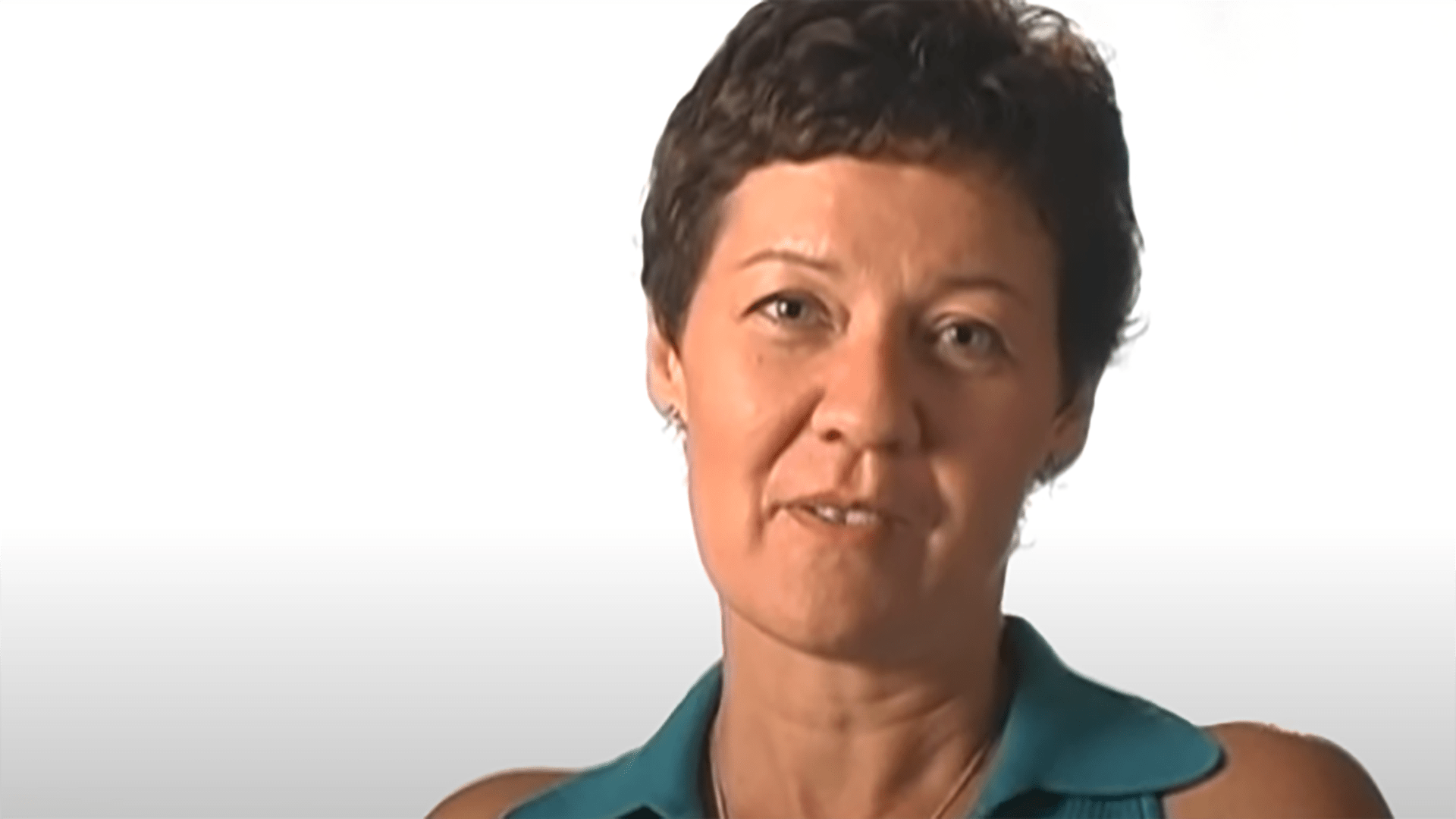Facing Your Fears
Life changes immediately after hearing the words, “You have cancer.” At first, you can’t think about anything else. All you feel is shock or numbness. It can be hard to believe.

Cancer affects each person differently. It may make no sense. You might wonder why this happened to you. There’s no right or wrong way to feel. Accepting your feelings without judgement is a good way to start your cancer journey. You might experience denial when cancer is first diagnosed. It can be hard to accept that you have cancer. At first, denial can serve a good purpose because it can give you some time to adjust to the diagnosis.
If denial lasts too long, it can keep you from getting the support and early treatment you need. Fortunately, many who are recently diagnosed are soon able to move on to accept the cancer diagnosis. Talk with your health care team. Ask for a referral to a social worker or other qualified counselor to help you deal with the experience of cancer.
Questions to Ask Your Health Care Provider
- Can the cancer diagnosis be a mistake?
- What caused the cancer?
- What are the best treatments?
- How will my life change?
- Will I still be able to work?
- When should I tell others?
- What can I tell them about my diagnosis?
Start the Cancer Fight
There is no way to know in advance what your cancer journey will be. You’re likely to face some fears. Most people find that fears lessen as they move forward and begin cancer treatment. In time, you’ll discover that you are not alone in your fight against cancer. Your health care team, friends and loved ones are fighting with you.
As you begin your cancer journey, think about how you have overcome your difficulties. A trusted loved one or friend may be able to help you do this. Write down ways you have coped with challenges in the past. You have many strengths and abilities that you can use to deal with cancer. Use your best coping methods in this fight.
Strengthen your ability to cope by:
- Finding a support system of friends and loved ones.
- Getting support from other cancer survivors.
- Having spiritual beliefs.
- Learning new things.
- Knowing what is most important to you.
- Using your sense of humor.
- Having a fighting spirit.
Some deal with fears by learning as much as they can about their type of cancer and treatment. This may help you feel a sense of control in your own life. You can talk about your concerns and fears with your health care team, loved ones or a licensed social worker, counselor or member of clergy. You can also join a cancer support group. Some choose not to discuss their cancer diagnosis with anyone for a while. This is a personal choice. You have the right to handle your cancer journey in your own way.
Fear of death is a common feeling for anyone facing a serious disease—especially in the early stages of diagnosis and treatment. These feelings often lessen with time as treatment begins. Cancer is not a death sentence. Today, there are close to 1.5 million cancer survivors living in the United States—and 32.6 million worldwide. Many cancer survivors are living healthy lives years after their cancer diagnosis and treatment.
Find Hope
Hope is the belief that a positive outcome lies ahead. Hope is a way of thinking, feeling and acting. It can help you find ways to live with difficult situations. Even if some things about your future seem difficult, you can choose how you’ll face these challenges. Attitude affects everything.
A cancer diagnosis is not what it used to be. Major advances in technologies, treatments and pain management options have been made in recent years. Denial is pretending things are going well when they really are not. Hope is being honest with yourself and positive about your future. Hope can help ease overwhelming doubts and fears. Often, beginning to working with your health care team to make treatment choices can help you feel hopeful about your future.
Ways to Build Hope
- Talk with loved ones and friends.
- Discuss challenges and joys with other survivors.
- Join a support group.
- Take part in projects, hobbies or activities.
- Learn about cancer and your treatment options.
- Find comfort and guidance through spiritual faith and personal beliefs.
- Plan events or special occasions.
New Priorities in Life
What are your priorities? What things are important in your life? As you deal with cancer, you may find that your priorities change. For example, you may have less energy or feel fatigued during treatment. You might decide to spend less time doing some activities. You might decide to spend more or less time with certain people. Your most important goals become your top priorities. These will guide the way you organize your life.
At first, changes in your priorities can be confusing to you and those around you. Talk with friends and loved ones about your needs. Help them understand that there are reasons for your changing priorities. In most cases, people in your life will accept and support your choices.
The cancer journey can also bring good things. It can be hard to believe at first. However, Livestrong’s post-treatment survivor surveys support this idea. Here are what some survivors have said about their cancer experience:
- Made me appreciate life more.
- Helped me recognize what is important in life.
- Renewed my sense of spirituality.
- Became better able to cope with problems.
- Inspired me to help others.
As you go through the cancer experience, you will find ways to cope that work best for you. You have the right to choose how you want to live your life.
Seek Support From Loved Ones and Friends
- Talk with those you trust about your fears and concerns.
- Let others know when you need help or support.
- Tell others what they can do to be helpful to you.

